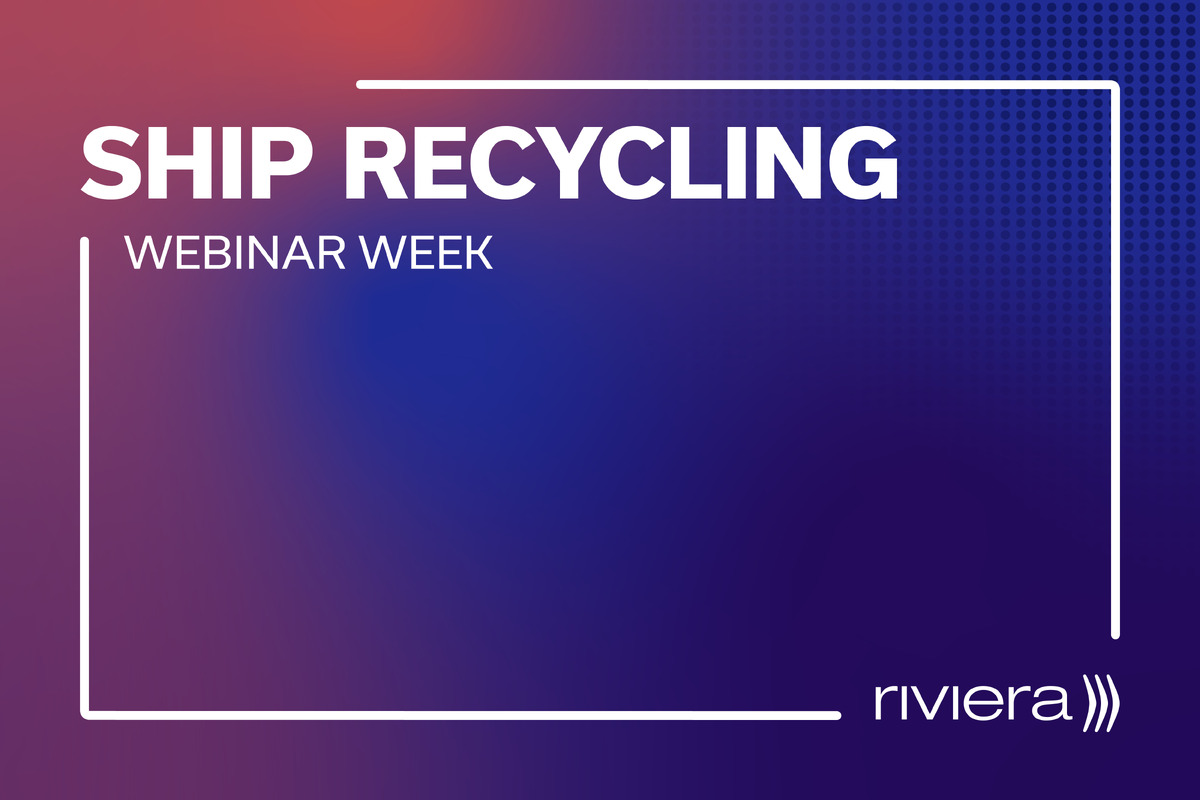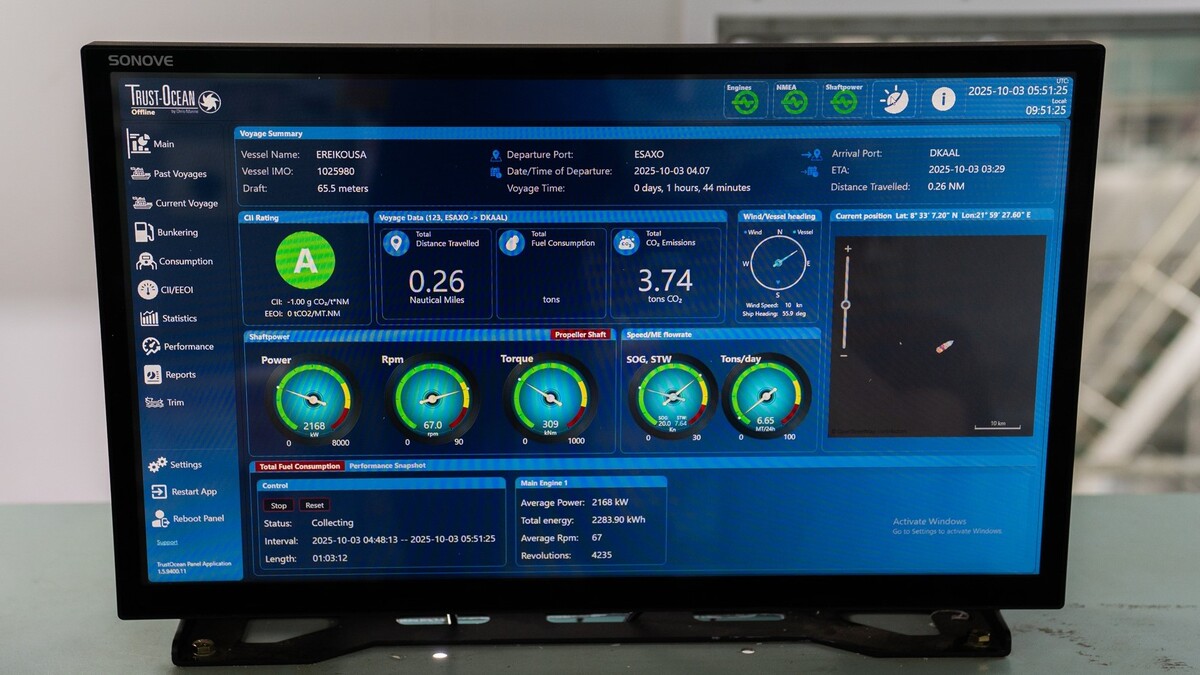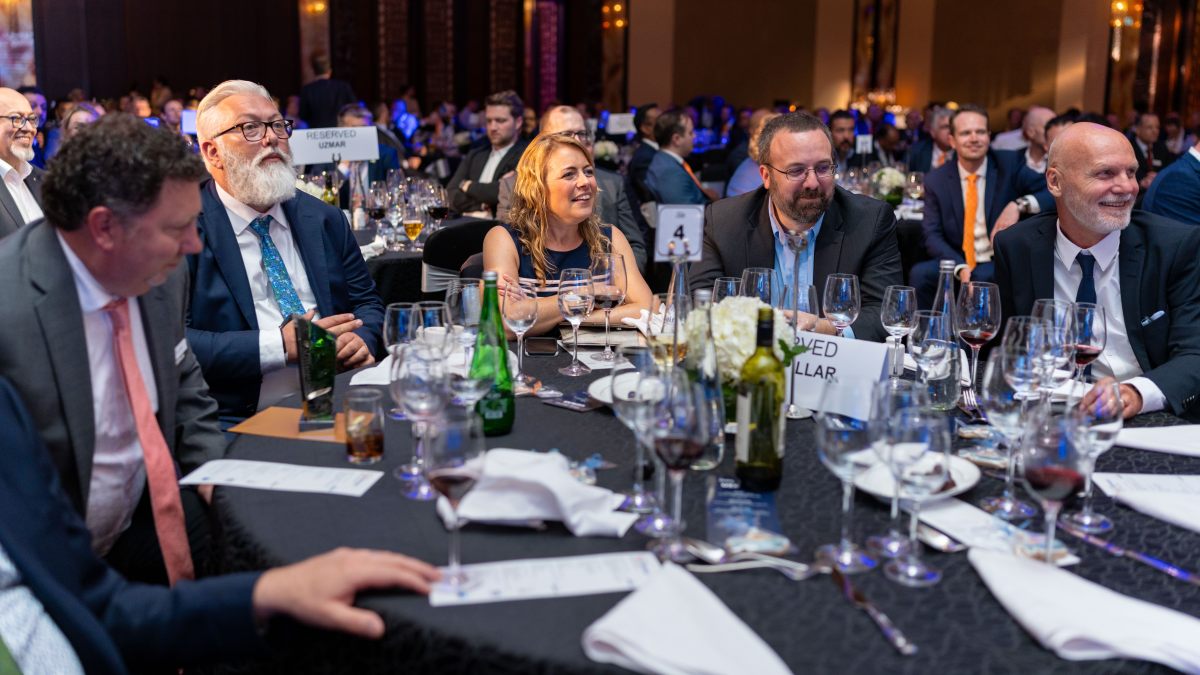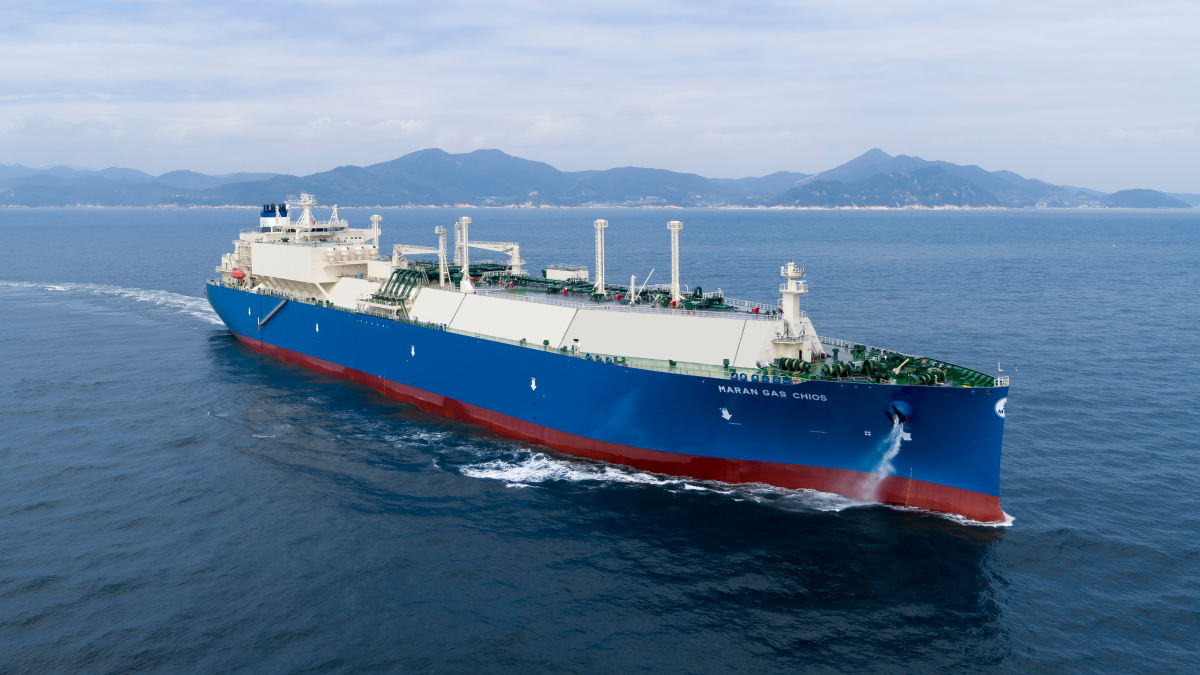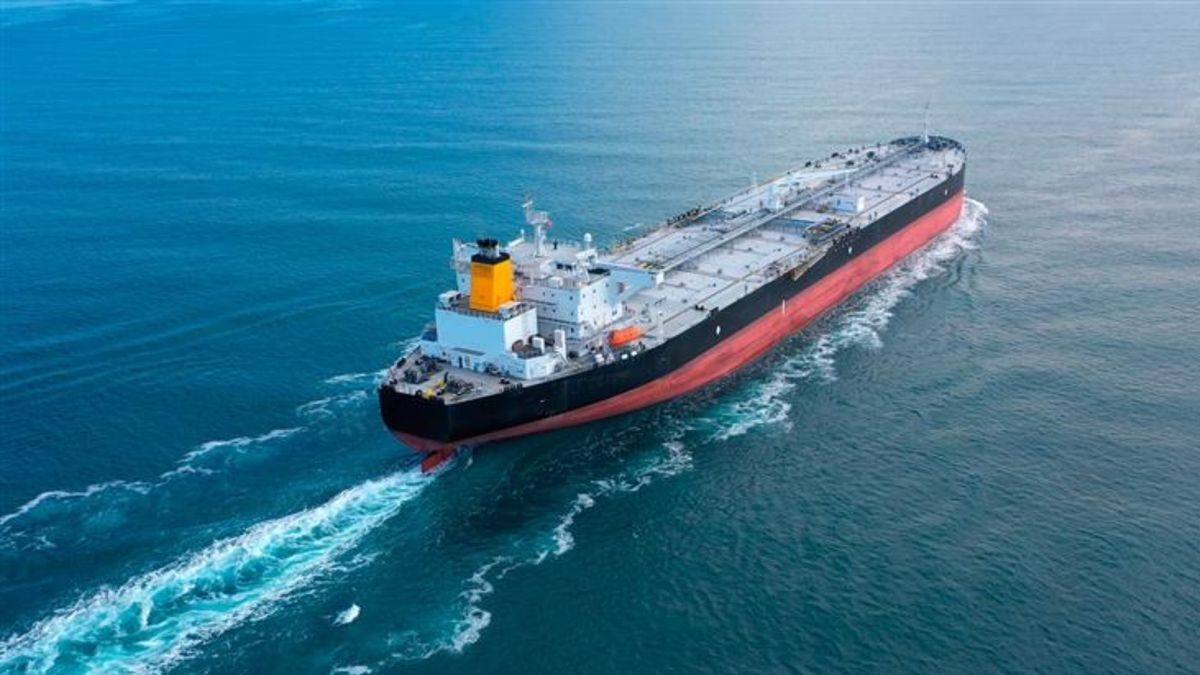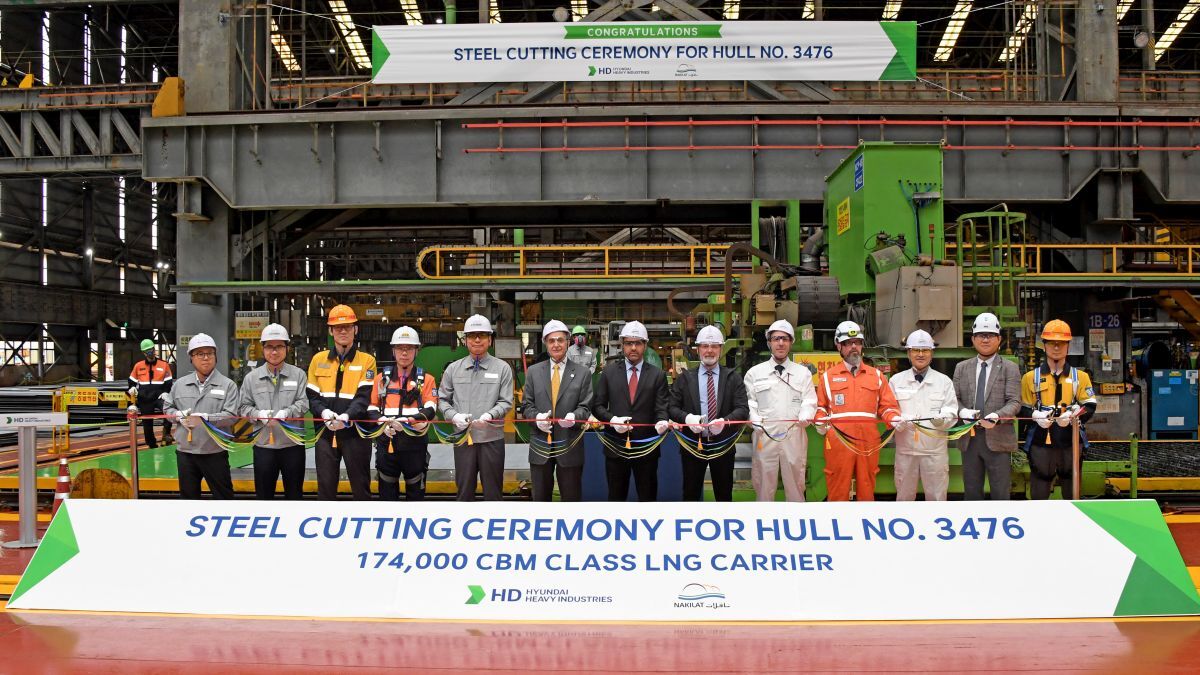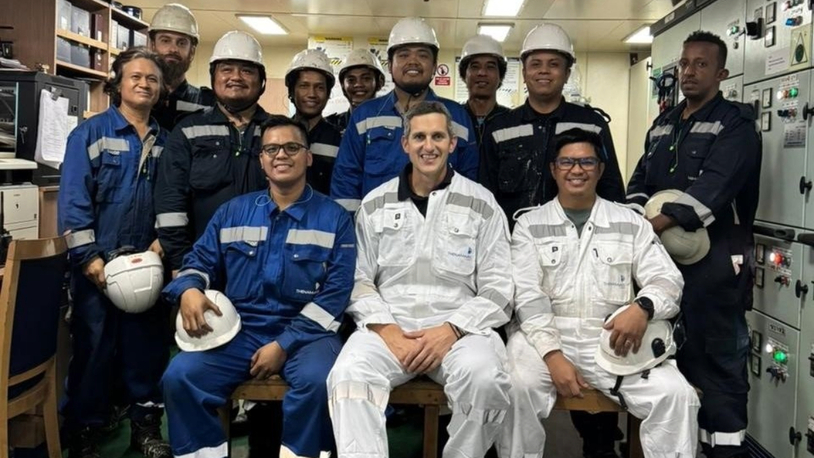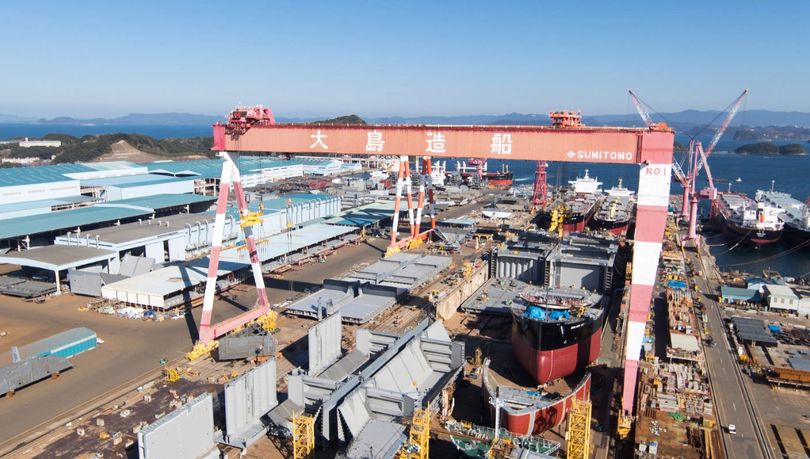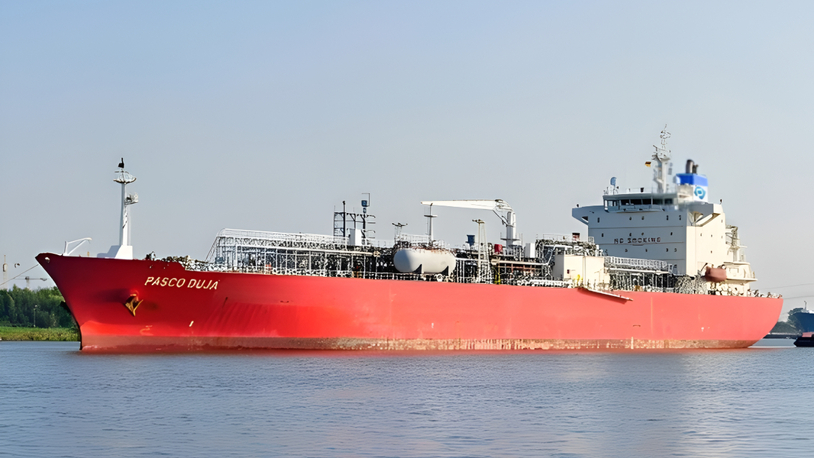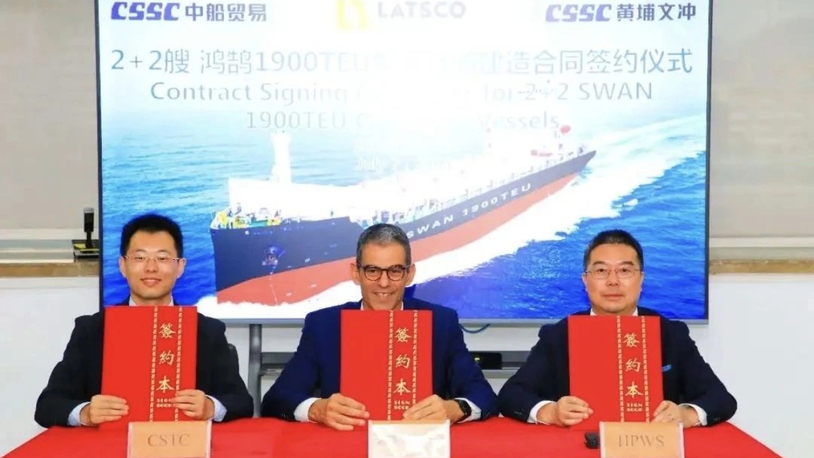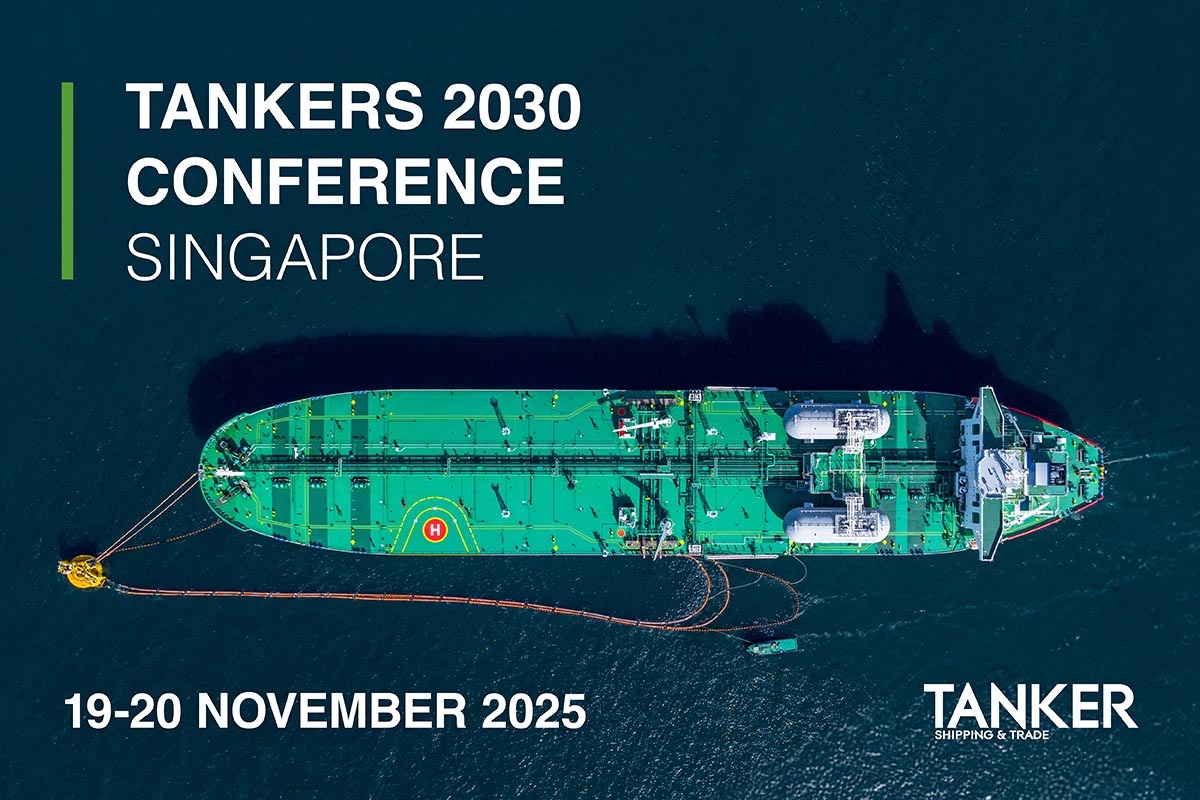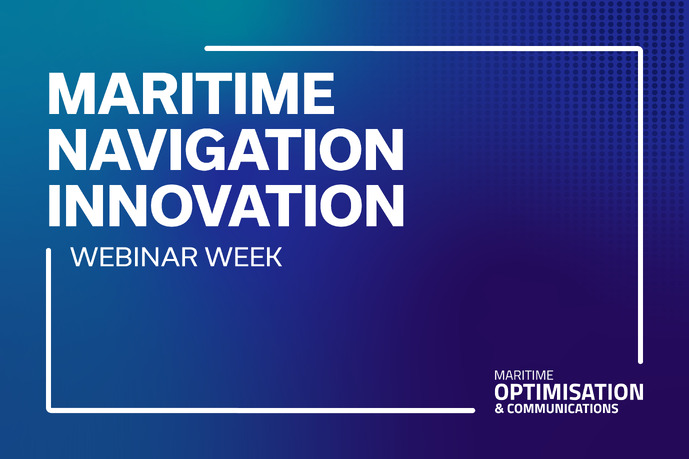Business Sectors
Events
Ship Recycling Webinar Week
Contents
Register to read more articles.
Shipping leaders Frangou, Marinakis warn of geopolitical tensions and global economic status
Resolving the major geopolitical issues impacting global trade will be the primary challenge for the shipping industry in 2025, according to Angeliki Frangou and Evangelos Marinakis
The two prominent Greek shipowners expressed more concern about the weakness of the global economy than the ongoing tariff discussions, which have intensified following Donald Trump’s return to the Oval Office.
“Shipping is all about efficiency. In the short term, inefficiency can be beneficial for shipping, but in the long term, we all know it can be very harmful,” said Navios Maritime Partners chair and chief executive officer Angeliki Frangou, during a panel discussion at The Economist’s The World Ahead 2025 event in Athens.
Discussing geopolitical challenges, Ms Frangou highlighted several ongoing issues: the Russia-Ukraine war, tensions in the Red Sea, the escalating conflict between Israel and Iran, and potential tariffs impacting global trade.
Sanctions and oil flows
Ms Frangou pointed out recent sanctions imposed by the Biden administration on Russia’s ’dark fleet’ resulted in the removal of 10% of the global fleet from the market. She also expressed interest in the policy the new US president will adopt, recalling during his first term, President Trump imposed sanctions on Iran and restricted oil exports. Ms Frangou wondered whether such actions might be repeated and what impact they could have on the tanker markets.
Furthermore, Ms Frangou noted any escalation in tensions between Iran and Israel, involving attacks and retaliation, could severely disrupt global trade. The Strait of Hormuz, which accounts for about 30% of seaborne oil flows, would be particularly vulnerable.
Tariff discussions
Regarding tariff speculation, Capital Maritime & Trading Corp chair and founder Evangelos Marinakis, expressed optimism about trade flows.
“At the end of the day, we will probably see an increase in tariffs, but there is still a need for food, energy, and products made in China at competitive prices,” Mr Marinakis stated.
Ms Frangou also weighed in on the issue, noting the method of implementing these tariffs is still unclear. She questioned whether they would ultimately rebalance trade in a more normalised way or lead to further conflict.
Global economy
Both shipowners turned their focus to the state of the global economy. Ms Frangou remarked that major economies are struggling, with China facing economic weakness, Europe dealing with stagnation, and the US growing, but with limited flexibility.
Focusing on Europe, Mr Marinakis expressed his main concern about the region’s lack of leadership. “When there is a lack of crucial decision-making, it impacts our economies. We’ve seen what happened over the past two years with the Russia-Ukraine war, the sanctions, and consumers paying more for energy and essential goods,” he said.
“I am not optimistic about Europe. A lot of fundamental mistakes have negatively affected the economy,” Mr Marinakis added.
The two shipowners agreed one of the best ways to utilise Europe’s resources would be to invest in the defence industry. “Harmonising and modernising the industry is key. We don’t mean tanks and outdated equipment, but rather AI, robotics and other technologies that can help create a healthy business cluster,” Ms Frangou suggested, citing the US example.
Red Sea
Finally, discussing the potential reopening of the Red Sea following the Gaza ceasefire agreement, both owners agreed it is too soon for ships to resume using this vital passage.
“We need to avoid routeing our vessels through the Red Sea. We shouldn’t take unnecessary risks,” Mr Marinakis advised, adding if shipowners are strong enough to avoid the passage, they should do so.
Ms Frangou echoed this sentiment, emphasising no one would risk navigating the area before there is more certainty. “The agreement between Israel and Hamas is fresh, and we need to see how the situation evolves,” she concluded.
Sign up for Riviera’s series of technical and operational webinars and conferences:
- Register to attend by visiting our events page.
- Watch recordings from all of our webinars in the webinar library.
Related to this Story
Events
Ship Recycling Webinar Week
International Bulk Shipping Conference 2025
Tankers 2030 Conference
Maritime Navigation Innovation Webinar Week
© 2024 Riviera Maritime Media Ltd.
